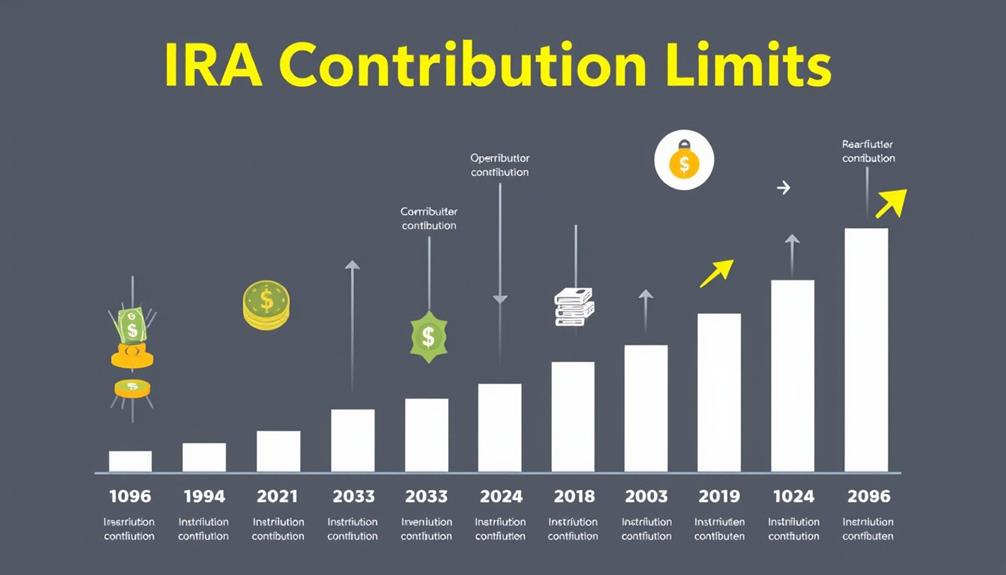As someone interested in healthcare, you may notice how AI is gradually transforming Virginia hospitals, from improving diagnoses to personalizing treatments. These advancements aim to make patient care more effective and efficient. But how exactly are these technologies changing the way hospitals operate and improve outcomes? Exploring these developments reveals a complex landscape where innovation meets regulation, shaping a future that could redefine healthcare in the state.

Have you wondered how artificial intelligence is transforming healthcare in Virginia? It’s a rapidly evolving landscape where AI is increasingly becoming integral to patient care and hospital operations. Virginia’s hospitals are now leveraging AI-driven clinical decision support tools to improve diagnosis, treatment, and recovery outcomes. These technologies help doctors analyze complex data, predict patient deterioration, and recommend timely interventions, ultimately saving lives and enhancing care quality. Voiceover script optimization is essential in ensuring that medical information is communicated clearly to patients and their families.
For example, machine learning models are used to identify at-risk patients, especially those with chronic conditions like diabetes and heart disease, which are common among veterans. This proactive approach enables healthcare providers to intervene early, reducing complications and hospital readmissions.
Beyond diagnostics, AI is transforming how hospitals manage patient histories. Natural language processing (NLP) algorithms analyze unstructured clinical notes, extracting critical information that might otherwise be overlooked. This richer understanding of a patient’s medical background allows for more personalized treatment plans, ensuring each veteran receives care tailored to their unique needs.
As AI tools become more sophisticated, they help clinicians make faster, more accurate decisions, especially in high-pressure situations where every second counts. The VA’s AI expansion plans are focusing on scaling these use cases across more hospitals to maximize impact.
Virginia’s hospitals are also integrating AI into hospital workflows to streamline administrative tasks and improve efficiency. Virtual agents and voice recognition systems assist staff with documentation, scheduling, and patient inquiries, reducing administrative burdens and freeing up more time for direct patient care. This shift not only optimizes resource use but also creates a better experience for veterans, who benefit from more attentive and responsive healthcare services.
Despite these advances, the deployment of AI in Virginia hospitals isn’t without challenges. The state’s new legislation, the High-Risk AI Developer and Deployer Act, aims to regulate AI systems that make significant decisions in healthcare. Set to take effect in July 2026, the law requires hospitals to meet strict standards to ensure AI systems making critical decisions are accurate, reliable, and accountable.
This legal framework aims to prevent discrimination and protect patient rights, ensuring AI’s role remains supportive rather than substitutive. Hospitals will need to adapt their AI applications to comply with these regulations, balancing innovation with safety and ethics.
While the VA faces hurdles with its large-scale EHR modernization—delays and budget overruns have slowed progress—the department continues expanding AI initiatives. Over 200 active AI projects aim to improve veteran care beyond the electronic record system. From predictive analytics to decision support, AI is helping VA hospitals deliver faster, more precise care from diagnosis through recovery.
As Virginia’s healthcare sector embraces these technological advances, AI-driven solutions are paving the way for a future where hospitals become smarter, more efficient, and more responsive to the needs of those they serve.









